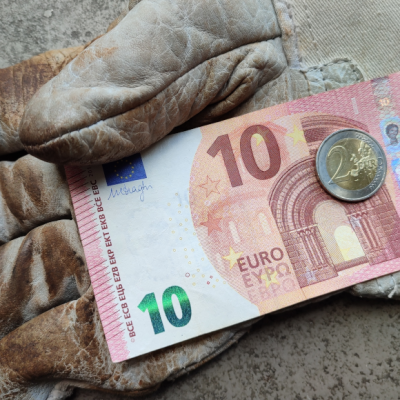The promise of quick financial gains through gambling, as often advertised, is often in stark contrast to reality. In times of high inflation, where money is tight for many people, the number of player registrations in online casinos increases. In Germany, as inflation rises and energy costs explode, Germans have increasingly less financial means. Meanwhile, the gambling industry generates considerable profits. The question arises whether people in such times of crisis risk higher betting amounts to counteract their inflation-related losses. Do they follow the principle of “money has to come in somehow”?
Counseling centers for addicts already consider these price increases as a potential source of danger for people with gambling problems, a possible gateway to a spiral that could lead to complete financial impoverishment. However, scientific institutions and state addiction counseling centers seem overwhelmed by this situation. The Federal Association of Self-Help for Gambling Addiction expressed clear concerns. They explained that the increasing concern of many people, due to rapidly rising energy and food costs, not being able to cope with their livelihoods, represents a significant risk factor.
In financially precarious times, players are always on the hunt for the hoped-for big jackpot that would magically eliminate all monetary burdens. This situation could also tempt people who have been little or not involved in sports betting, casinos, online gambling, or lotteries to try their luck. According to the association, inflation is doubly dangerous for people who already have a susceptibility to addiction or are already addicted. However, it is important to emphasize that each player’s behavior is unique.
There are only a few scientific studies on this topic. A study from the UK, published in September, suggests that rising living costs could particularly encourage women to turn to gambling. Tobias Hayer, a gambling researcher at the University of Bremen, points to studies from Iceland. In the study, it was found that “those who reported financial difficulties due to the recession were more likely to buy lottery or scratch cards or focus on sports betting or online casinos, compared to those who were not affected by the crisis.” A similar trend could also be observed in Germany. However, official authorities in the federal states have not yet noticed any significant effects of inflation on gambling behavior.










